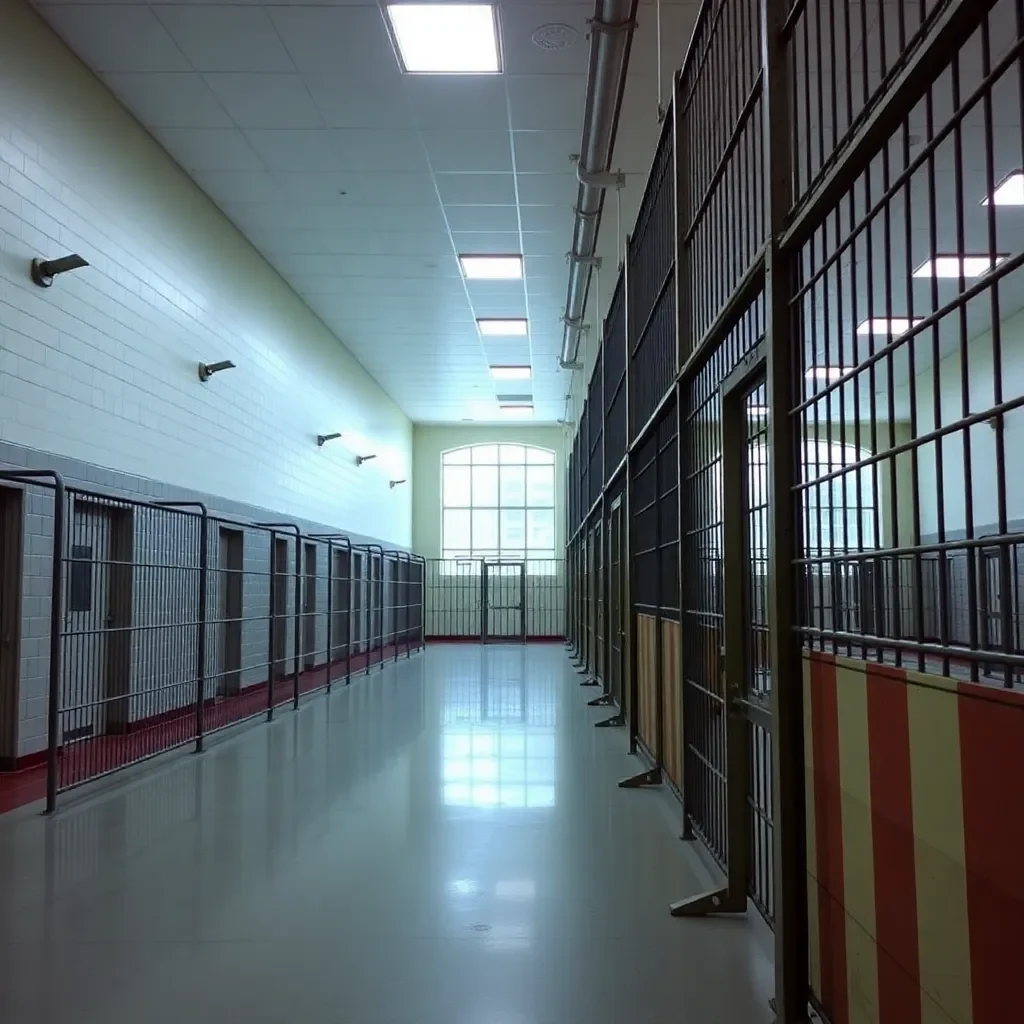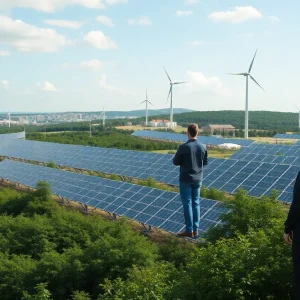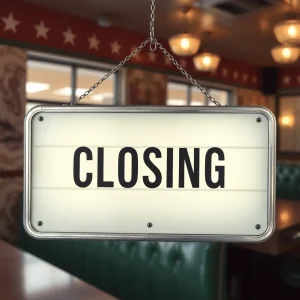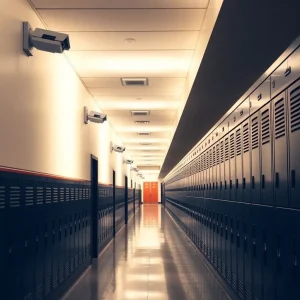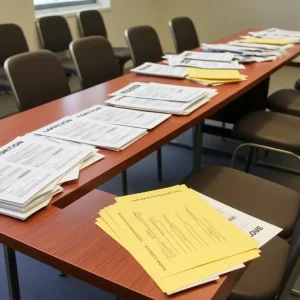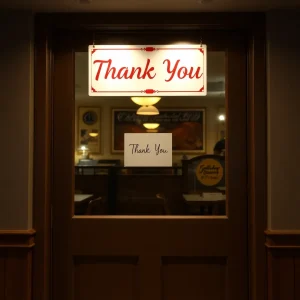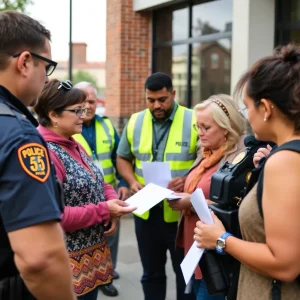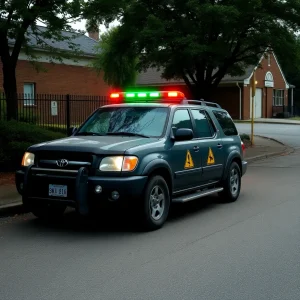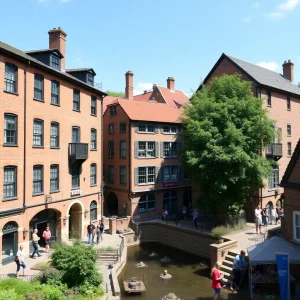Ongoing Struggles at South Carolina’s Department of Juvenile Justice
In a world where ensuring our youth have a chance to thrive should be a priority, the latest report from a state oversight agency reveals some troubling truths about the South Carolina Department of Juvenile Justice (DJJ). Located in the heart of South Carolina, the DJJ has faced major challenges since the 2021 audit, which uncovered alarming safety risks both for the children in their care and the staff working tirelessly to support them.
Audit Highlights Serious Issues
Released earlier this month by the Legislative Audit Council, an independent entity of the state General Assembly, the follow-up audit paints a picture of an agency struggling under the weight of its own shortcomings. Out of the 101 recommendations made back in 2021, a staggering half remain unaddressed. This sluggish pace of change is particularly distressing for those who care about the future of our youth.
“When the state passed raise the age and didn’t secure extra funding, it really put a lot more on DJJ,” stated State Senator Tameika Isaac Devine, D-Richland. With the recent legislation raising the age of offenders from 17 to 18, it is clear that the DJJ is feeling the strain. Sadly, the agency is “at its breaking point,” she added.
Staff Shortages and Their Impact
The agency didn’t seem to have enough hands on deck. Between October 2023 and February 2024, vacancies among juvenile corrections officers surged from 15% to 39%. It’s alarming to think that of the 118 officers hired and trained this year, a whopping 79% had already left by August. These figures reflect a very real staffing crisis that is making it increasingly difficult to maintain a safe environment for both the juveniles and the staff.
Healthcare and Transportation Woes
Another troubling finding from the audit indicates that juveniles in the DJJ’s care often miss out on important medical treatment due to a lack of transportation. “We simply don’t have a transportation plan in place,” a DJJ staffer confirmed to auditors. It’s concerning to think that the health and well-being of young people might be compromised because of bureaucratic inefficiencies.
Pending Policies and Procedures
What’s more disheartening is the fact that crucial policies are still being revised or wholly unchanged since 2021. For instance, the agency recently halted its use of Performance Based Standards, a program geared toward tracking juvenile justice outcomes. As they work on a new data collection system, it leaves a gap that could jeopardize progress.
“We could have a large disaster on our hands if we don’t address these issues,” expressed Senator Devine, as she highlighted the gravity of the situation.
High-Profile Incidents Paint a Grim Picture
Let’s not forget the significant events leading up to this situation. In 2022, DJJ faced scrutiny after entering an agreement with the U.S. Department of Justice over allegations that the agency failed to ensure the safety of children at the Broad River Road Complex. Shocking incidents, such as a 13-year-old bringing a loaded gun into the facility and the tragic death of 16-year-old Easley Jeffcoat, have added pressure on the agency. Just this year, reports surfaced of corrections staff engaging in inappropriate conduct with inmates, raising further alarms about the agency’s oversight.
Hope on the Horizon
While the audit unveiled many shortcomings, it’s not all doom and gloom. The Department has made some strides—investing $7 million to install 1,197 cameras across five facilities, showcasing their commitment to improving safety. Yet, according to Senator Devine, they remain heavily restricted by funding issues.
A Call for Legislative Action
In response to these unrelenting challenges, Senator Devine has prefiled a bill—*the Juvenile Justice Reform Act*—that aims to address DJJ’s needs and improve funding. She hopes this bill can rally bipartisan support, aiming to tackle overcrowding and promote fairer treatment for young offenders charged with non-violent crimes like truancy. “If you were an adult, that would not be a crime,” Devine pointed out.
With so much at stake, it’s crucial that South Carolina comes together to ensure that our juvenile justice system provides not just punishment, but also the support and rehabilitation these young people need. The future of countless youths depends on it!



